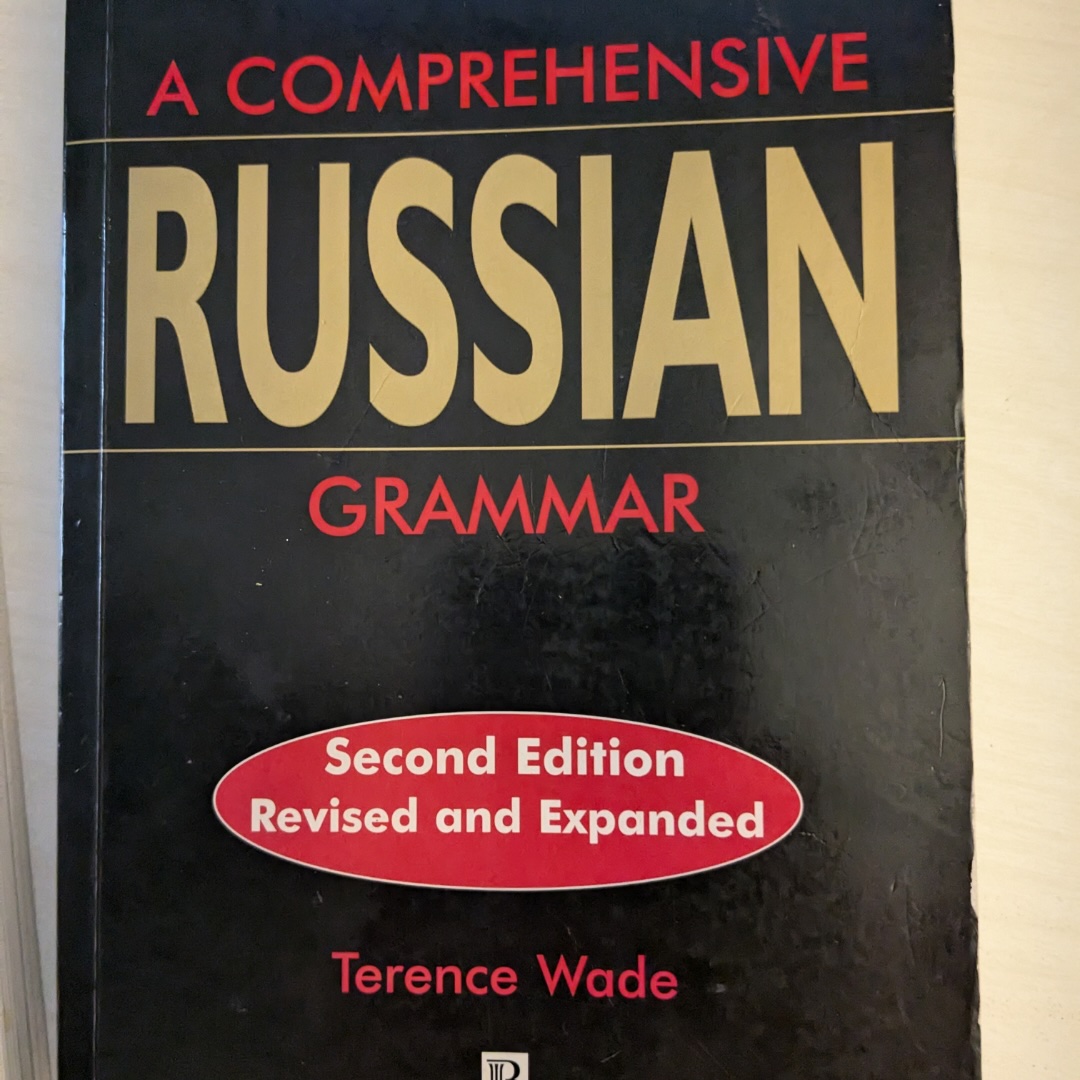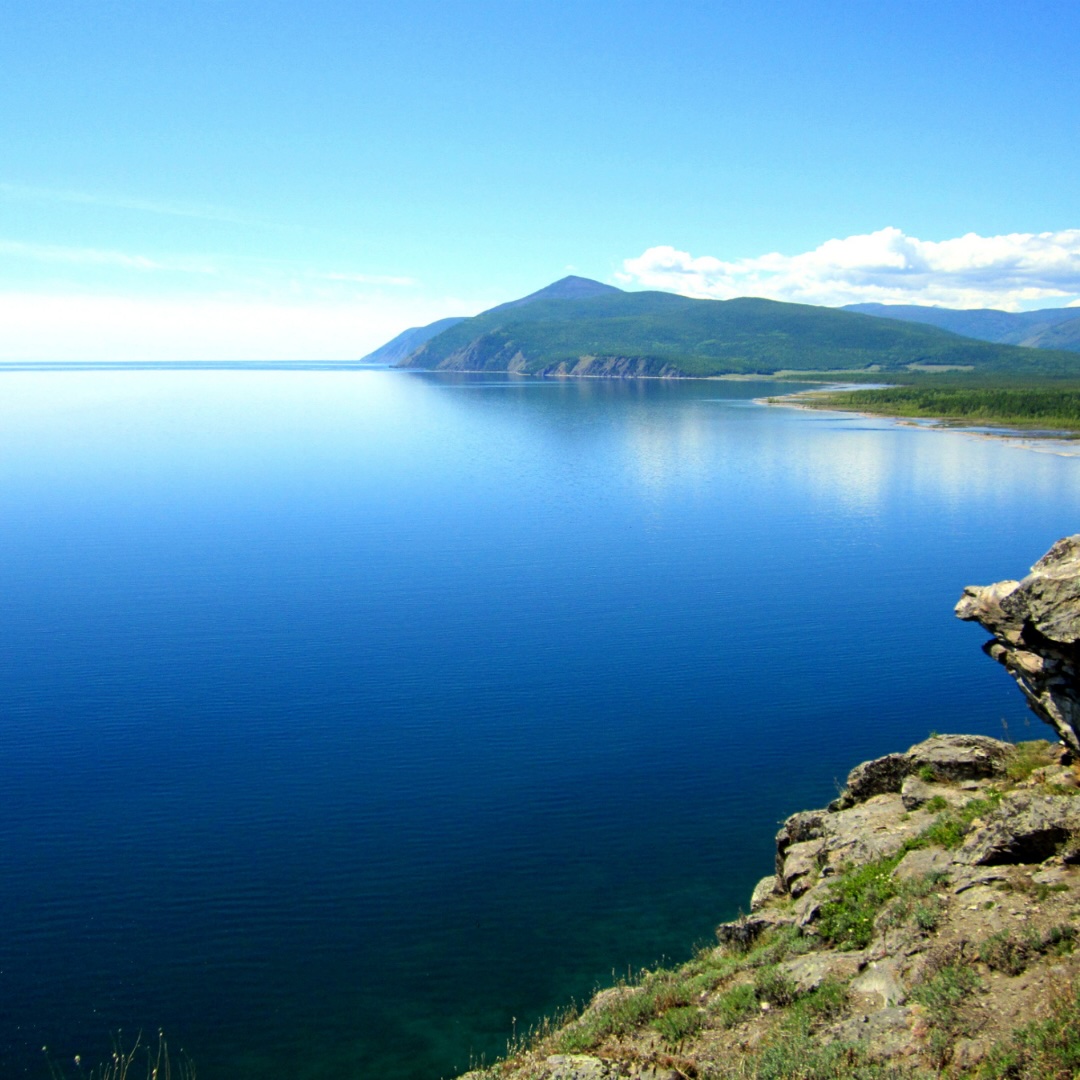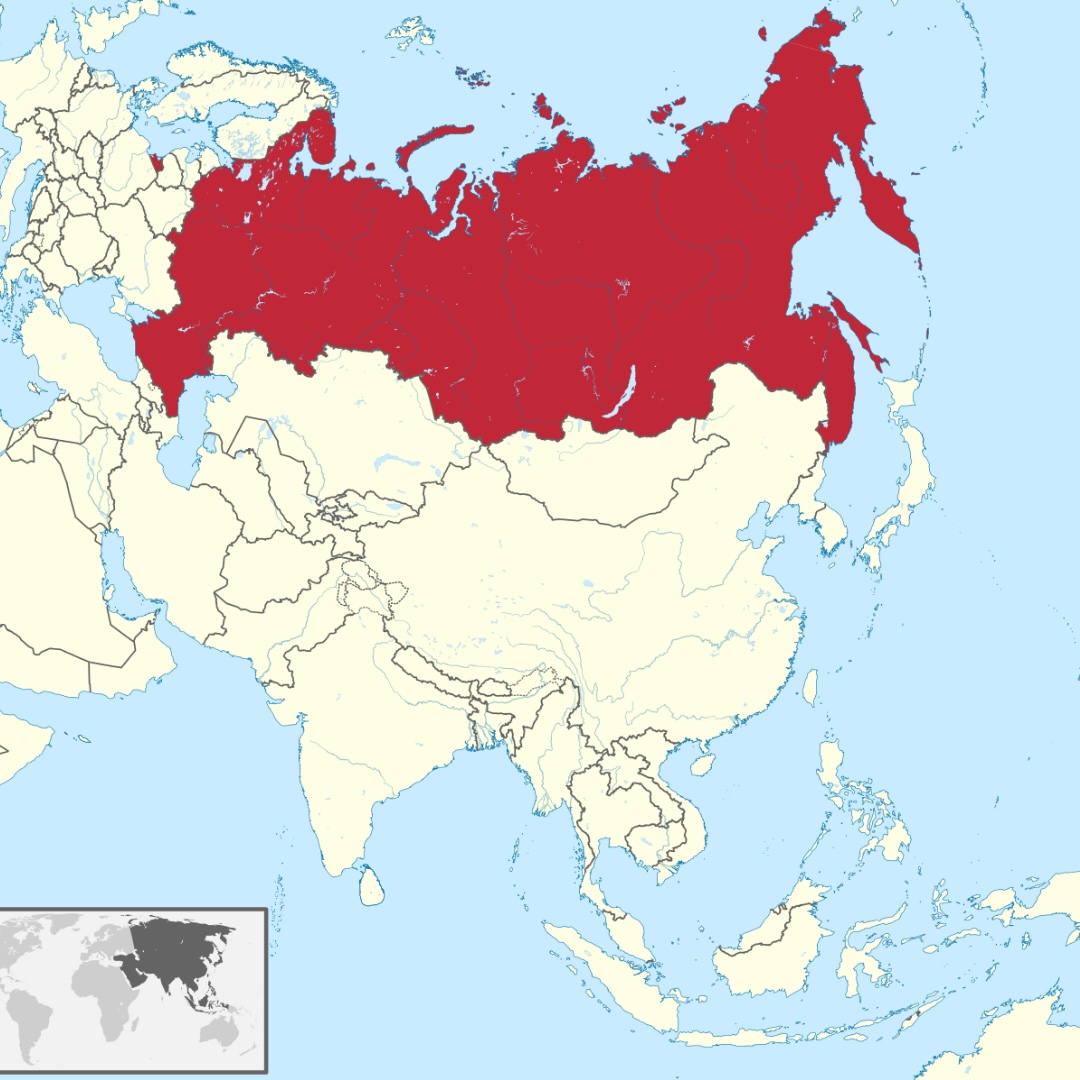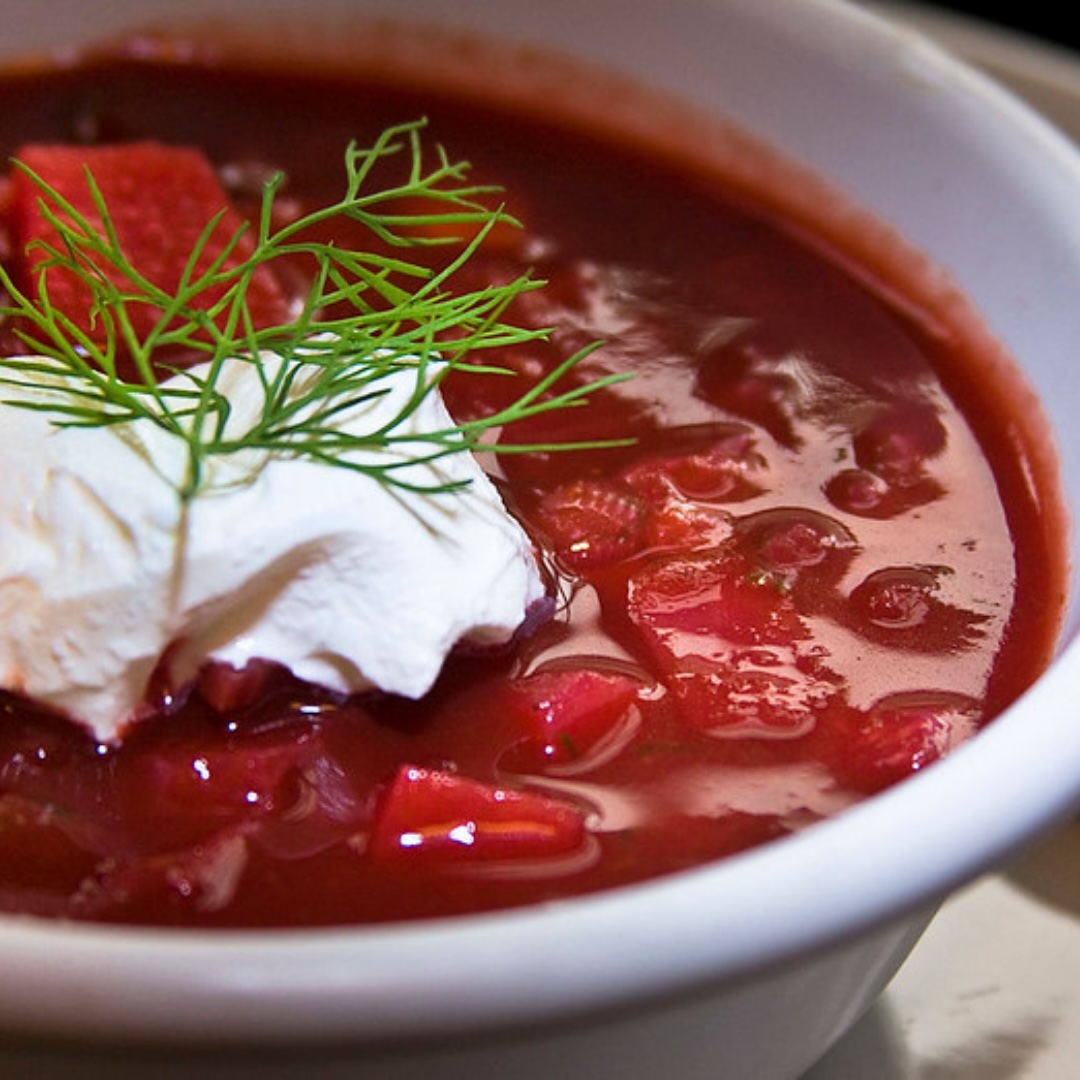Уро́к 6
6.4 Грамма́тика – Superlatives
Грамма́тика
Superlatives: The MOST VERY BEST
As you know, adjectives are used to describe people and things. A superlative adjective is the highest degree we can ascribe to something. This refers to adjectives that either use ‘most’ or ‘-est’ in English, as in the sentence, “Russia is the biggest country in the world,” or “Lake Baikal is the deepest lake in the world,” or “Borsht is the most delicious soup in the world,” or “Oleg is the most beloved character in this book.” You get the idea. Notice that some of what I said is fact and some is just my personal opinion.
In Russian, the quickest and easiest way to say ‘most’ or ‘-est’ is with one single word: СА́МЫЙ. Notice by its ending that самый is an adjective itself.
Самый is an adjective and it carries the meaning of ‘the most’ or the highest degree of the adjective with which it is used.
For example:

|
1. Ру́сский язы́к – са́мый краси́вый язы́к.
‘Russian is the most beautiful language.’ |
 |
2. О́зеро Байка́л – са́мое глубо́кое в ми́ре.
‘Lake Baikal is the deepest in the world.’
|
 |
3. Росси́я – са́мая большая страна́ в ми́ре.
‘Russia is the biggest country in the world.’ |
 |
4. Борщ – са́мый вку́сный суп в ми́ре.
‘Borsht is the most delicious (best) soup in the world.’ |
 |
5. Советское кино́ – самое интере́сное.
‘Soviet cinema is the most interesting (cinema).’ |
In the examples above, notice that the ending of СА́МЫЙ, like that of (most) other adjectives, changes to agree with the noun it modifies. The gender and number (and case) of the noun being described must be reflected in the ending of nouns and adjectives, including СА́МЫЙ.
The one MAJOR exception to this extremely general rule, and, yes, there are always exceptions, is the word for ‘BEST’. To say the ‘best’, use the word ЛУ́ЧШИЙ (and NOT са́мый хоро́ший).
The following are mostly my personal opinions and not necessarily fact. You may agree or disagree. In fact, what would you say in response to all of these statements?
1. Борщ – лу́чший ру́сский суп.
‘Borsht is the best Russian soup.’
2. Теха́с – лу́чший штат в США.
‘Texas is the best state in the USA.’
3. А́лан Ри́кман – лу́чший актёр.
‘Alan Rickman is the best actor.’
4. Кака́я лу́чшая музыка́льная гру́ппа – Ро́ллинг Стонз, Битлз и́ли Кино́?
‘What is the best group – the Rolling Stones, the Beatles, or Kino?’
5. Дуб (oak) – лу́чшее де́рево.
‘Oak is the best tree.’
6. Ливайс лу́чшие джи́нсы?
‘Are Levi’s the best jeans?’
Notice in the examples above that the ending of ЛУ́ЧШИЙ always agrees with the gender and number (and case) of the noun it modifies.
You can even say, СА́МЫЙ ЛУ́ЧШИЙ to express the notion of ‘very best’.
Media Attributions
- Russian Grammar book
- Lake Baikal
- Map of Russia
- A bowl of borscht
- Movie theater

